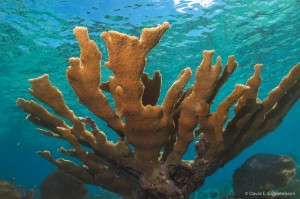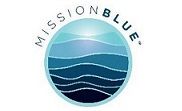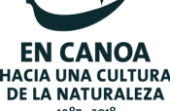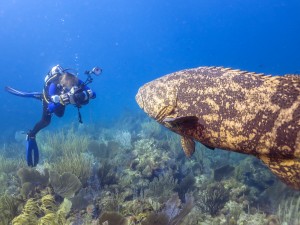A Rush to Study Cuba’s Coral Reefs

Healthy elkhorn coral (Acropora palmata) is now 95 percent extinct in the Caribbean but still thrives in Cuba’s waters. The pictured stand is part of a barrier reef of elkhorn coral that stretches 30 miles. Photo: David E. Guggenheim
Science magazine reports in the May 15, 2015 edition that scientists are hurrying to study Cuba’s coral reefs, eager to gather baseline data from what is considered the healthiest remaining reefs in the Caribbean. This scientific frenzy is due to the growing concerns that the recent thaw in U.S. and Cuban relations will result in a rush of tourism and economic development to the isolated island nation and in turn lead to the degradation of these remarkable coral reefs.
Cuba’s relatively undeveloped coast has four times the amount of coral reef as the similarly sized nearby Florida. Cuba has worked diligently to protect its marine environment through the enactment of Cuba Law 81 in 1997 that established the Ministry of Science, Technology, and Environment (CITMA) and was tasked with the goal of protecting 25% of Cuba’s lands and waters. Furthermore, Cuba’s coral has benefited greatly from the absence of chemical pollution due to Cuba’s loss of its oil supply when the Soviet Union collapsed in 1991.
The most pristine and best protected marine area in Cuba is Jardines de la Reina or “Gardens of the Queen,” a chain of 250 mangrove and coral islands off of Southern Cuba. In today’s Science magazine story Dr. David Guggenheim of Ocean Doctor, a Baum Foundation program, states: “Diving for forty years, I have never seen anything like it.” Jardines de la Reina is a no-take reserve that is relatively off limits to divers and fishers and abounds in predatory species like sharks, grouper and snapper. Jardines de la Reina has significant amounts of healthy elkhorn coral, a species that has almost vanished from the Caribbean, and has been found to have 6 to 8 times more biomass of fish than other reefs in the Caribbean. However, scientists caution that not all of Cuba’s corals are “pristine” with overfishing and subsequently less healthy coral in areas open to fishing.
Scientists are eager to gather data that offers a more detailed understanding of Cuba’s reefs with studies underway to learn more about the difference between reef microbes found in Cuba versus unhealthy reefs in Florida as well as a 5 year project to extract cores of coral to understand environmental effects on growth (in a process that is similar to studying tree rings). Their goal is to gain specific insight into why Cuban reefs have remained remarkably healthy, with the hopes of being able to protect it in the face of substantial changes in Cuba future, as well as to use this knowledge to find a cure for the degraded reefs found elsewhere in the Caribbean.
vvlx,
hentai,
xporn,
xnxx,
sex việt,
Family Practice Doctors Near Me,
Ratify Treaties,
Best Hookup Apps,
Brunch On A Wednesday,
Comfortzone,
Plaza Premium Lounge Orlando Reviews,
Catering 77002,
Cauliflower And Coconut Curry,
Usa Rail Pass,
Active Duty Service Member,
Patch American Flag,
Farfetch Coupon Code,
Connect Google Mini,
Nike Mens High Top,
Bronny James Usc Basketball,
Anal Sex Prep,
Aesports,
Check Balance On Debit Card,
Add People Trustpilot,
Skype Ids,
← What Will the Future Hold for Cuba & Their Sustainability Practices?
Youth Action Island Summit on Plastic Pollution Underway in the Bahamas →





